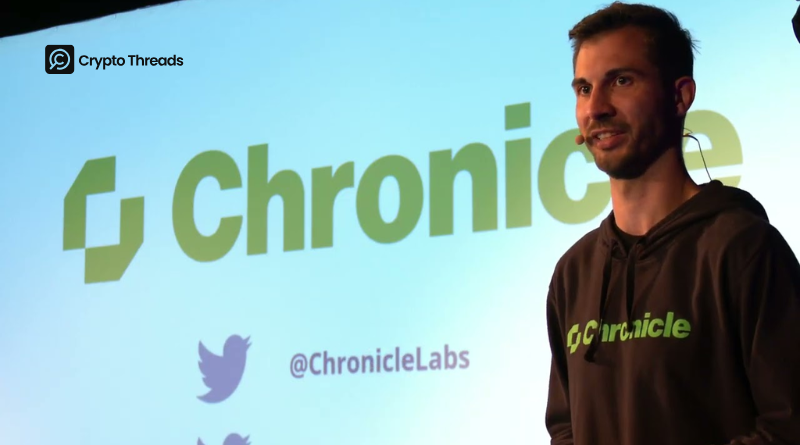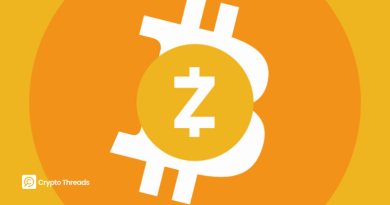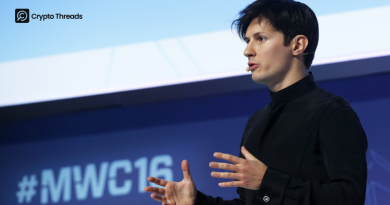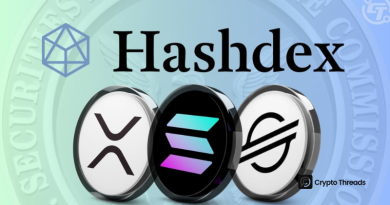Tokenized Assets Are Poised to Eclipse DeFi, Says Chronicle Founder Niklas Kunkel
The next wave of blockchain innovation is set to move beyond traditional DeFi tokens like Bitcoin and Ethereum, with tokenized real-world assets (RWAs) leading the charge.
- Chronicle partners with Grove Protocol, supporting a $1 billion tokenized asset credit strategy.
- Oracles now provide rich, contextual data beyond prices, enabling sophisticated on-chain risk controls.
- Tokenized RWAs represent a multi-trillion-dollar liquidity opportunity beyond crypto-native assets.
- Regulatory bodies are beginning to see oracles as vital tools for compliance and transparency.
- Market highlights include BTC trading near $119K and ETH above $4,200 amid bullish momentum.
From Price Feeds to Real-Time Risk Management: The Oracle Evolution
Niklas Kunkel, founder of oracle infrastructure provider Chronicle, describes how oracles have matured beyond their early crypto role. “Initially, oracles were mostly price feeders, siloed into delivering just market prices,” he explains. “But now, they provide crucial data and context that enable risk management directly on the blockchain.”
This evolution is vital as DeFi expands to incorporate RWAs, which bring complex, off-chain risks and regulatory demands. Oracles help bridge this gap by injecting trusted, real-world information – such as asset valuations, payment statuses, and ownership records – into onchain smart contracts, enhancing transparency and reliability.
Tokenized Real-World Assets: DeFi’s Next Growth Engine
Kunkel views tokenized assets as a “multi-trillion dollar liquidity injection opportunity,” transforming DeFi’s scope beyond cryptocurrencies like BTC and ETH. These RWAs are not crypto-native, meaning their risk profiles require much tighter scrutiny and robust data feeds to maintain investor confidence.
Partnering with Grove Protocol – an institutional-grade credit platform managing a $1 billion allocation to tokenized collateralized loan obligations – Chronicle is positioning itself as a leader in this expanding oracle market. This collaboration exemplifies the growing integration between traditional finance and decentralized protocols.
Oracles and Regulatory Potential
The regulatory landscape around DeFi and tokenized assets is still nascent but evolving quickly. Kunkel highlights that oracles could become key compliance tools: “Regulators expect quarterly filings in traditional finance, but in DeFi, finality happens within blockchain blocks. Oracles can provide continuous, real-time regulatory data, positioning themselves as indispensable regtech.”
This emerging regulatory role further elevates oracles’ importance, as they not only feed data but also help ensure that on-chain activities meet legal and compliance standards.
Looking Ahead
As tokenized assets mature, they are expected to redefine liquidity and credit in DeFi, attracting both retail and institutional investors. With oracles evolving to provide richer data and regulatory transparency, the foundation is being laid for a new era where blockchain interfaces seamlessly with traditional financial markets.



